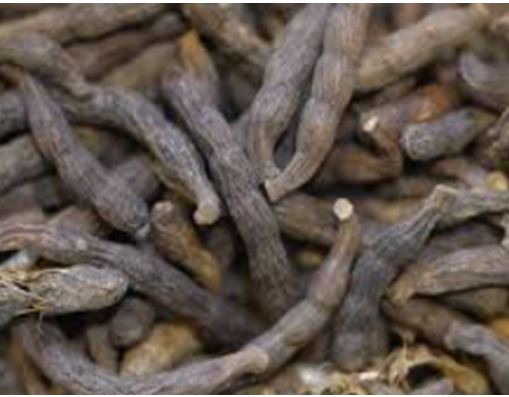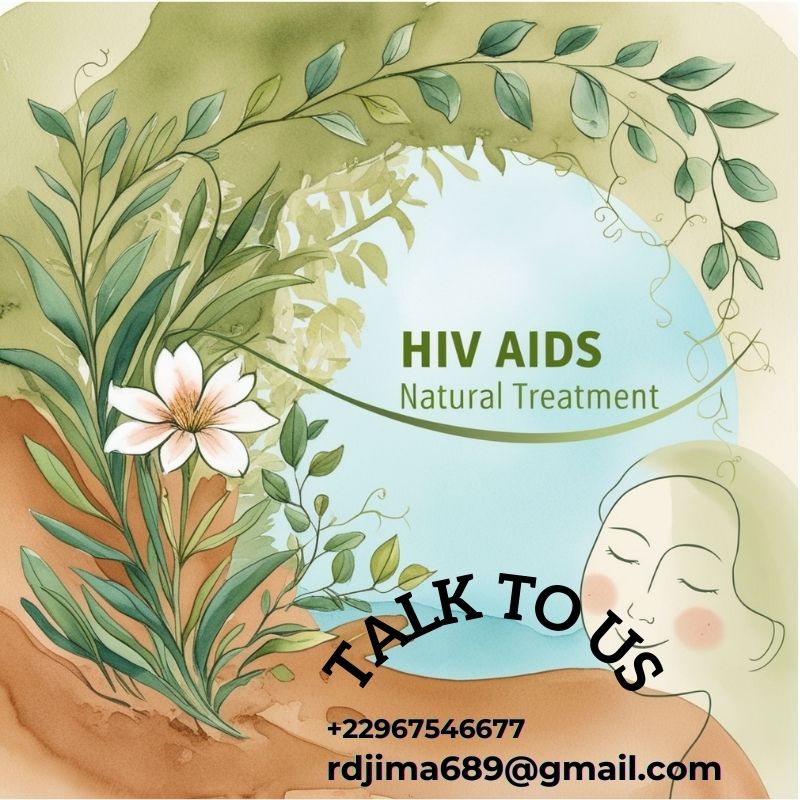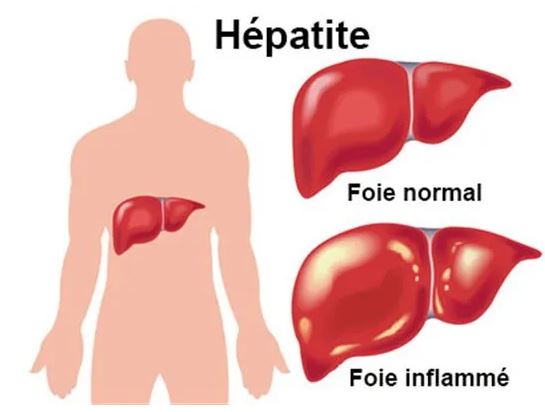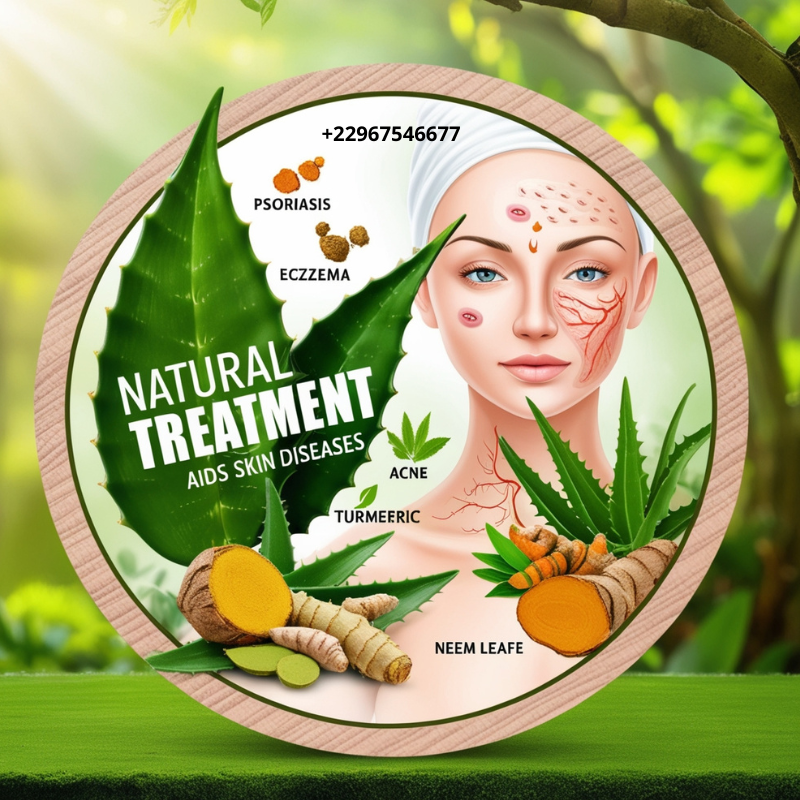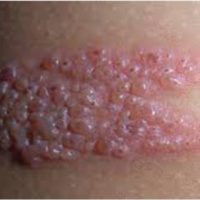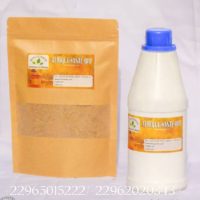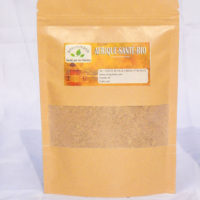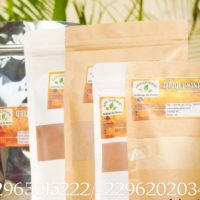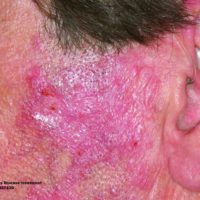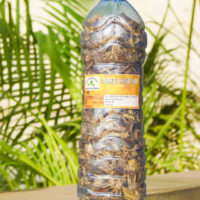Description
Alternative Treatements For AIDS and Herbal Tea to Treat AIDS. Discover the best herbal tea for AIDS and other natural remedies to get rid of AIDS naturally
Reach as to know more about HIV/AIDS
Click below to order clove oil
Book an appointment with lady feranmi on
Write and edit by Oluwaferanmi DJIMA On 24/11/22
Alternative Treatements For AIDS and Herbal Tea to Treat AIDS
A lot people with HIV or AIDS use alternative treatments to treat AIDS. Indeed, alternative treatments relieve some symptoms of HIV infection or AIDS. However, there is no evidence that these treatments can treat or cure these conditions. But, Afrique Bio center, has made one remedy that treats very well AIDS.
Our treatment is safe. Please to read on to learn about which options may be safe and which ones to avoid.
Alternative therapy for HIV symptoms
There is relatively little research on the use of CAM treatments for relieving symptoms of HIV or AIDS. However, some common CAM treatments have been shown to improve the symptoms of other illnesses. In some cases, these treatments might be worth a try for someone with HIV infection or AIDS.
Body therapies: Alternative Treatements For AIDS and Herbal Tea AIDS
Yoga and massage therapy may help reduce pain for some people. ResearchTrusted Source has shown that yoga can also improve feelings of overall health and reduce anxiety and depression. It has even been shown to improve levels of CD4 cells, which are immune cells that are attacked by HIV.
Acupuncture may help with nausea and other treatment side effects. Acupuncture is an ancient Chinese medical practice that involves placing thin, solid needles into various pressure points on the body. This can release chemicals in the body that can help relieve pain.
Relaxation therapies
Meditation and other forms of relaxation treatment can help reduce anxiety. They may improve the ability to cope with the stress of a chronic illness such as HIV.
Herbal medicine
Herbal medications should be used with caution. There isn’t enough evidence to support the use of these drugs for relieving HIV symptoms.
However, a brief course of certain herbs may support immunity in people with HIV. Research has shown that milk thistle is one example. Milk thistle is a common herb used in people to improve liver function and does not interact significantly with antivirals. Keep in mind though that other herbs may interact with conventional HIV treatments.
People with HIV should tell their healthcare provider before using any herbal treatments. This allows their provider to monitor for any drug interactions or side effects.
Medical marijuana: Alternative Treatements For AIDS and Herbal Tea AIDS
Loss of appetite is common in people with HIV. And some antiviral medications can upset the stomach and make it harder to keep up with scheduled medication doses. Marijuana can help reduce pain, control nausea, and increase appetite. However, medical marijuana is legal only in certain states. In addition, smoking marijuana is associated with many of the same health risks as the smoking of any substance. A healthcare provider can provide more information.
There’s little evidence to suggest that medical marijuana will interact with modern HIV management medications. Still, people with HIV should consult their healthcare provider before using marijuana to treat their symptoms. The provider will monitor for possible drug interactions or respiratory complications.
Interactions between supplements and HIV treatment
Supplements should be used with caution by people living with HIV or AIDS. Some supplements may be safe to use, while others could cause problems. People with HIV or AIDS should talk to their healthcare provider about what vitamins and minerals they should take to improve their health.
Supplements to avoid: Alternative Treatements For AIDS and Herbal Tea AIDS
Certain supplements are known to cause problems with the effectiveness of HIV treatment. Four of these are garlic, St. John’s wort, echinacea, and ginseng.
- Garlic supplements can make certain HIV treatments much less effective. If garlic is taken with certain medications, it could result in too much or too little of the drug in the blood. This problem outweighs any possible benefits of these supplements on the immune system. That said, eating fresh garlic is not known to cause problems.
- St. John’s wort is a popular supplement used to treat depression. However, it can make HIV treatment less effective. People with HIV should not use this supplement.
- Echinacea and ginseng are purported to boost immune function. However, both can interact with certain HIV medications. It may be okay to use these supplements depending on the HIV therapy. A healthcare provider should be consulted.
Supplements that may be helpful
Supplements that may be useful in people with HIV include:
- calcium and vitamin D to improve bone health
- fish oil to reduce cholesterol
- selenium to slow the progression of HIV
- vitamin B-12 to improve the health of pregnant women and their pregnancies
- whey or soy protein to help with weight gain
